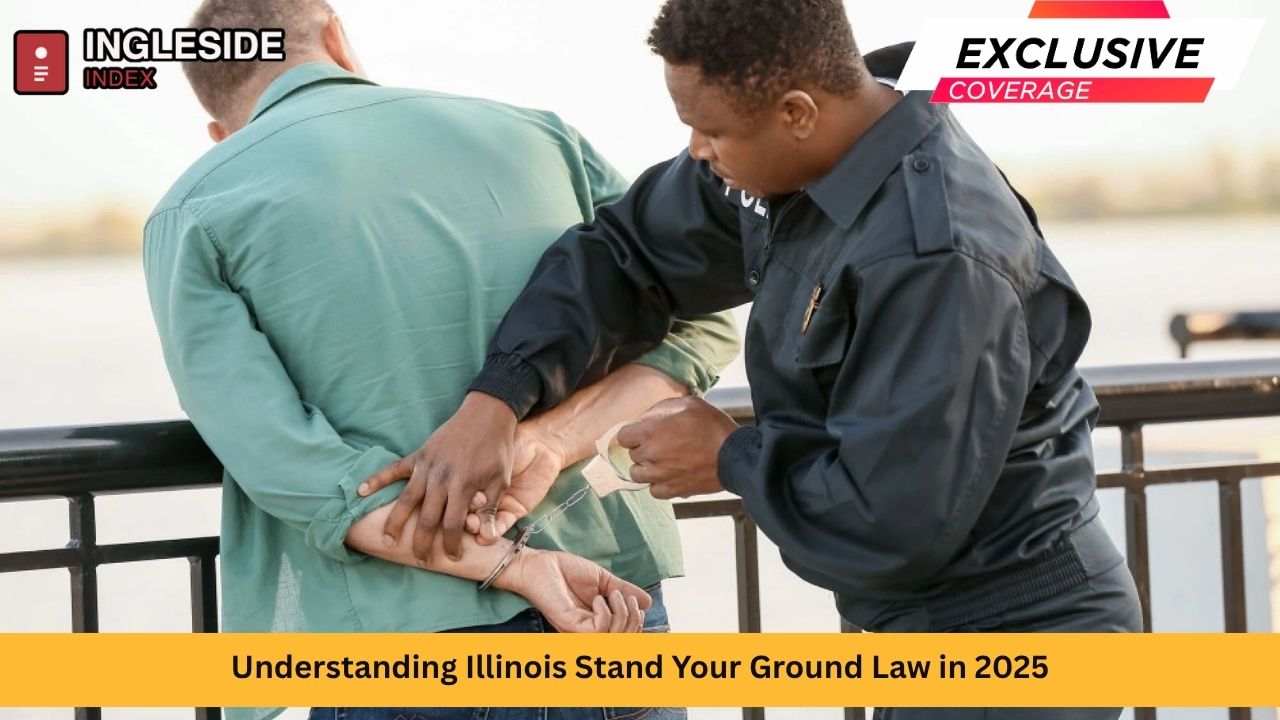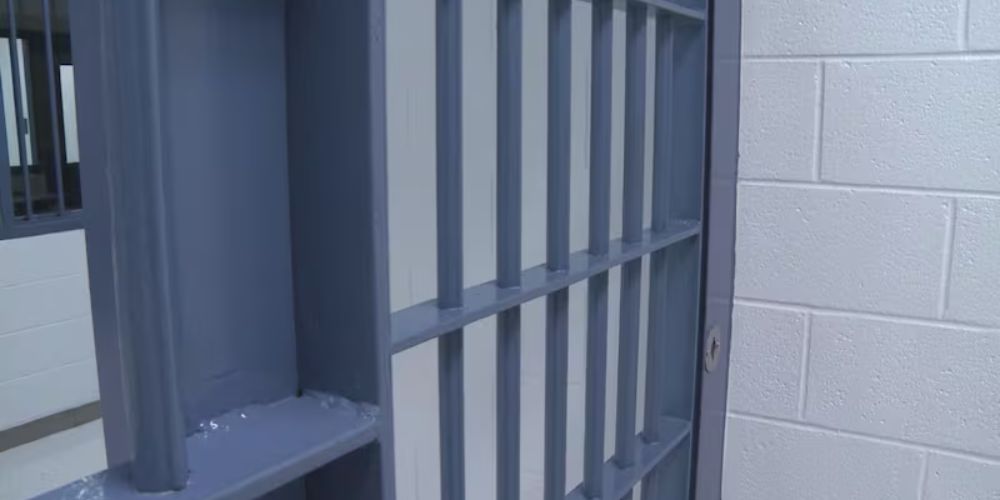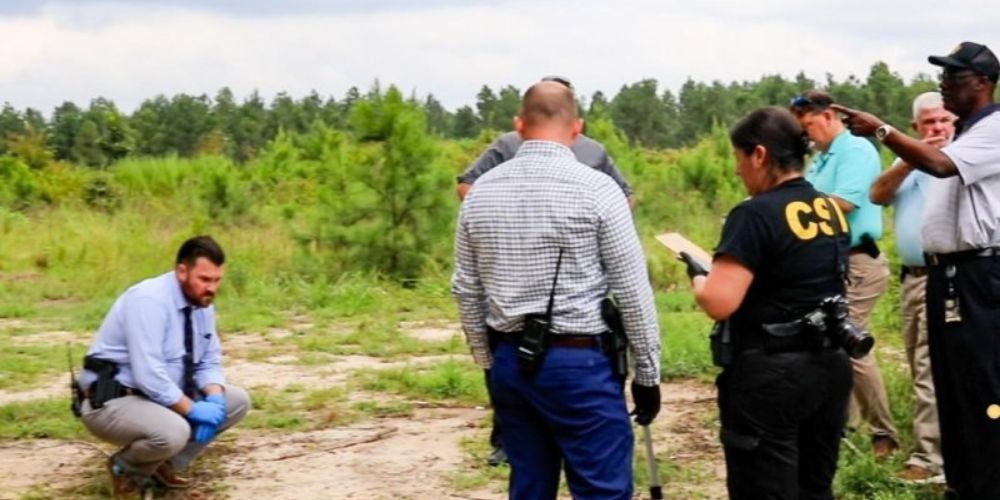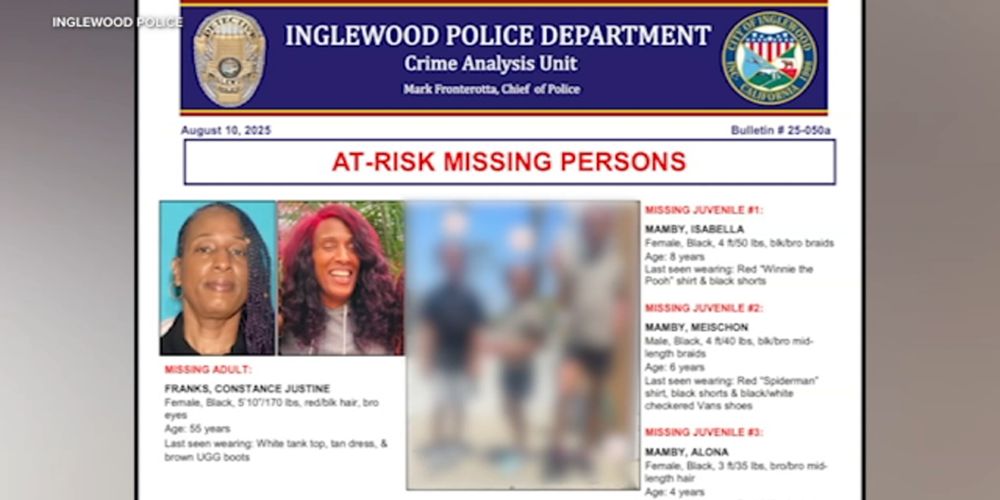Illinois, known for its vibrant cities like Chicago, Springfield, and Peoria, features a distinctive approach to self-defense and firearm statutes compared to many other states. As debates over personal safety and gun rights continue to escalate in the United States, understanding the nuances of Illinois’ laws has never been more important. Whether you’re a lifelong resident or just moved to the state, knowing how Illinois addresses self-defense can make a considerable difference in navigating complex situations.
What is Stand Your Ground?
Stand Your Ground laws have garnered national attention and vary significantly by jurisdiction. At their core, these laws allow individuals to use force—sometimes including deadly force—in self-defense without a duty to retreat if they are in a place where they have a legal right to be. States like Florida and Texas are famous for having strong Stand Your Ground statutes. These laws shift the responsibility from the individual to retreat, to allowing them to “stand their ground” and respond forcefully to imminent threats.
The Illinois Approach: Duty to Retreat and the Castle Doctrine
Illinois, however, does not have an explicit Stand Your Ground law by name. Instead, the state applies a modified approach anchored in the principles of “duty to retreat” and the “Castle Doctrine.”
The duty to retreat means that, if you are outside of your home and face a threat, you are expected to make a safe escape if possible before resorting to force. Conversely, the Castle Doctrine recognizes your home as an exception—a castle, so to speak—in which you have no obligation to retreat before defending yourself against unlawful intruders.
Key Distinction Between the Castle Doctrine and Stand Your Ground
-
Castle Doctrine: Absolute right to defend oneself and others against an intruder inside your dwelling, if you reasonably believe there is a threat of violence or felony.
-
No Stand Your Ground in Public: If the confrontation is outside the home, such as on the bustling streets of Chicago or Champaign’s university campuses, you must attempt to safely retreat before using force, unless immediate danger leaves no means of escape.
The Evolution of Illinois Self-Defense Law in 2025
Legislation and interpretation of Illinois’ self-defense statutes have evolved. As of 2025, Illinois stands among nearly half the U.S. states that have chosen not to officially adopt Stand Your Ground. Instead, the law draws clear lines:
-
You may use deadly force to protect yourself or others only if you reasonably believe it is necessary to prevent imminent death, serious bodily harm, or the commission of a forcible felony such as armed robbery or burglary.
-
The threat must be immediate, not hypothetical or in the distant future.
-
Defensive action must be proportional to the threatened harm.
Major Cities and Self-Defense: Chicago, Aurora, Rockford, and Beyond
Illinois’ major urban centers present unique scenarios for self-defense law. In Chicago, where violent crime stories make national headlines and gun policy debates are ongoing, understanding these laws is crucial for citizens, business owners, and visitors alike. The same is true in other large cities like Aurora, Joliet, Naperville, and Rockford, where community members frequently ask about firearm possession and their rights under dangerous circumstances.
In Illinois’ cities and suburbs, the following apply:
-
If you are threatened in public, from North Michigan Avenue in Chicago to downtown Peoria, you are legally expected to attempt a safe escape before using force.
-
If there is no safe avenue for escape, only then can you claim self-defense under Illinois law.
Recent Changes and Updates as of 2025
Illinois revised several key components of its gun laws in 2025. Notably, House Bill 4500 updated definitions and penalties related to firearms:
-
The charge of “unlawful use of a weapon” has shifted to “unlawful possession of a weapon,” emphasizing possession and registration compliance.
-
Repeat offenders caught with illegal firearms now face increased penalties.
-
Emphasis has been placed on clarifying registration and carry requirements for law-abiding gun owners.
The intent behind these legislative updates is to improve clarity for both residents and law enforcement. With Springfield serving as the legislative hub, debates in recent years centered on how these tightened definitions can both reduce gun violence and ensure individual protections are not unduly compromised.
Real-Life Applications: When Can You Use Force in Illinois?
Illinois law provides several scenarios where the use of force is—or is not—justified. It’s important to distinguish between the following:
In Your Home
-
Burglar or Intruder: If you’re in your Aurora residence and faced with an unlawful entry, you may use force, even deadly force, if you reasonably believe it’s necessary to prevent a violent crime or imminent harm.
-
Proportionality: The response must be proportional. Lethal force is justified only if you fear for your safety or the safety of your loved ones.
In Your Vehicle or Place of Business
-
The Castle Doctrine’s protections often extend to places where you have a legal right to be, like your vehicle or a private office. However, Illinois is more restrictive than some states, and your legal position is strongest when the threat is undeniable and escape is impossible.
In Public Spaces
-
In crowded areas such as Navy Pier in Chicago or a busy mall in Elgin, the law expects you to safely retreat if you can do so. Use of deadly force in public is justified only as a last resort, when all avenues of escape are blocked.
Protecting Others
-
You may use force to protect a third party if you reasonably believe they are at risk of imminent harm, under the same standards that apply to defending yourself.
The Role of “Reasonable Belief” and Proportionality
Proving self-defense in court often centers on “reasonable belief”—would a typical person in the same situation believe they or others were in imminent danger? The law does not allow a response to be more severe than the threat. This remains true in cases from Carbondale in the south to Rockford in the north.
If someone threatens non-lethal harm, responding with deadly force is not justified. The proportionality principle is crucial, especially in diverse, highly populated areas.
Stats and Trends Shaping the Discussion
Gun violence and self-defense statistics are a driving force in ongoing debates:
-
In 2024, Chicago recorded significant numbers of self-defense claims, but only a fraction were deemed justified under Illinois law.
-
Across Cook County, from Evanston and Cicero to Oak Park, law enforcement and prosecutors report that misuse of self-defense claims typically results in criminal charges.
-
Roughly half of all American states have enacted Stand Your Ground laws, but Illinois consistently ranks in the group of states opting for a hybrid approach, seeking to balance personal rights with public safety concerns.
Researchers examining states with Stand Your Ground statutes often find a corresponding rise in homicide rates. In contrast, Illinois continues to track these trends while evaluating if current or potential shifts in legislation impact crime rates or public safety.
Controversies and Societal Impacts
The question of whether Illinois should pass a formal Stand Your Ground law is a lightning rod for political and social debate. Advocates for expansion cite:
-
Concerns about rising crime rates in metro areas such as Springfield and Decatur.
-
The right of individuals to defend themselves without fear of prosecution.
Opponents, including public health experts and violence prevention groups, point to studies connecting Stand Your Ground statutes with increased violence and racial disparities in legal outcomes.
Social justice advocates in places like Champaign and East St. Louis draw attention to data showing a higher rate of justifiable homicide rulings in states with lenient self-defense laws, particularly in cases involving race or implicit bias.
Notable Illinois Legal Cases
Several legal precedents frame Illinois’ self-defense standards. People v. McGraw, a benchmark case, established the rule that individuals facing imminent deadly harm or bodily injury do not have a duty to retreat if there is no safe option available. However, the courts remain cautious in interpreting claims of self-defense, requiring thorough examination of all evidence and circumstances.
Navigating Illinois Gun Ownership Laws
For Illinoisans, the nuances of firearm ownership are tightly regulated. Key points include:
-
Residents must possess a valid Firearm Owner’s Identification Card (FOID) to own or purchase firearms.
-
Concealed carry permits are required for carrying weapons outside the home.
-
Certain local jurisdictions, including Chicago, enforce additional regulations on magazine capacity and where firearms can be carried.
-
New laws as of 2025 have streamlined requirements around weapon possession, focusing enforcement efforts on illegal carriers and repeat offenders.
Advice for Residents and Visitors
If you are living in or visiting Illinois cities like Springfield, Aurora, or the suburbs of Chicago, it is essential to:
-
Stay informed about the latest state and local laws.
-
Ensure firearms are properly registered and stored.
-
Understand that self-defense claims will be closely scrutinized in both urban and rural areas.
Legal experts recommend always seeking a safe retreat in a threatening situation if possible. Defensive force should be a last resort.
The Future of Self-Defense Law in Illinois
With lawmakers continually responding to changing social dynamics and statistics on violence, Illinois’ approach to self-defense remains a work in progress. Community leaders in cities like Peoria, Joliet, and Rockford often engage in dialogue about whether the state should modify its approach. For now, Illinois maintains its commitment to the duty to retreat in public, reserving Stand Your Ground-like protections mainly for the home.
As technology advances and data collection around self-defense incidents becomes more precise, expect further analysis and debate over how laws should adapt to statistically proven outcomes and shifting public attitudes.
Conclusion
Understanding Illinois’ approach to Stand Your Ground and self-defense is critical as of 2025. While the state does not officially have a Stand Your Ground statute, residents in Chicago, Springfield, and every other city live under a regime that requires the pursuit of safe retreat when possible, except within the sanctity of their homes. With evolving laws, ongoing political debate, and strong opinions on both sides, staying informed is the best way to protect yourself and your rights in Illinois.
Whether you’re walking downtown in Chicago, attending university in Urbana-Champaign, or living in a quiet Peoria neighborhood, the fundamental lesson remains: know the law, act with caution, and remember that Illinois’ self-defense statutes are designed to preserve life as much as protect it.











Leave a Comment